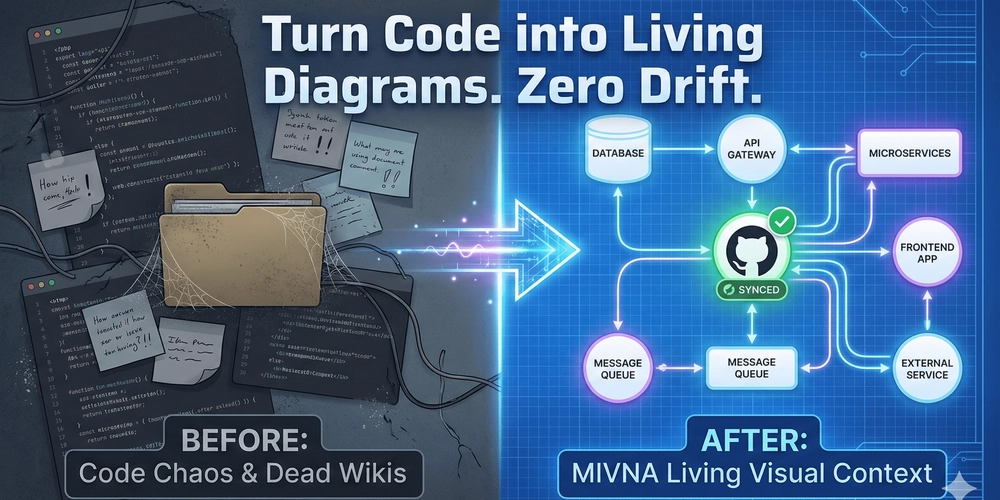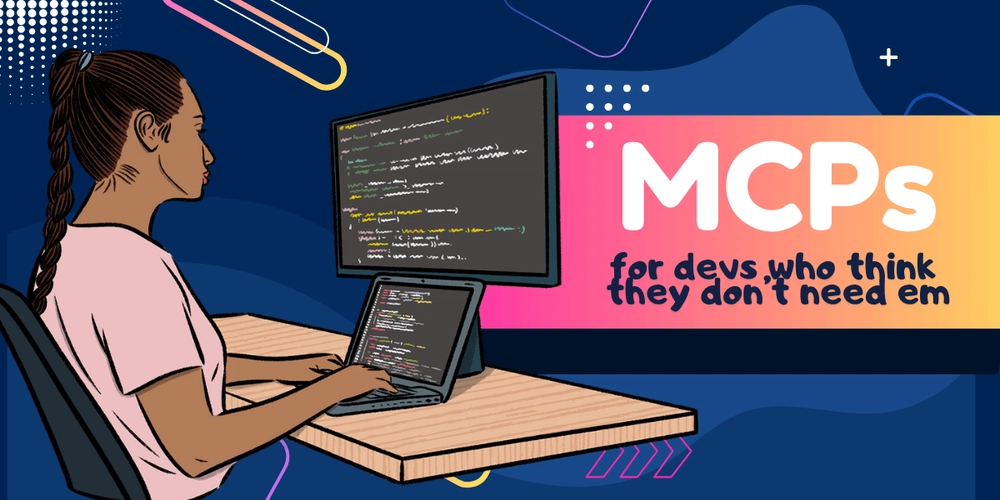Every developer has heard the promise: AI coding tools will make you faster, more productive, and free you from mundane tasks.
But here’s what the data actually shows: some developers are coding 26% faster with AI, while others take 19% longer.
This isn’t just a difference in tool adoption or skill level. It’s a fundamental paradox that’s reshaping how we think about productivity in the AI era.
The Promise vs. Reality Gap
The marketing is compelling. GitHub Copilot, Cursor, and other AI coding assistants promise to eliminate boilerplate, suggest better solutions, and accelerate development cycles.
The optimistic data looks impressive:
But then there’s the other side of the story.
When AI Actually Slows You Down
The METR research nonprofit conducted a randomized controlled trial that revealed something unexpected: experienced developers took 19% longer to complete tasks when using AI coding assistants.
This wasn’t about tool quality or user error. It was about the hidden costs of AI assistance:
- Review overhead: Time spent validating AI-generated code
- Context switching: Breaking flow to evaluate suggestions
- Correction cycles: Fixing AI mistakes that looked right but weren’t
The paradox becomes clear: AI can accelerate simple tasks while slowing down complex ones.
The “Vibe Coding” Problem
There’s a growing trend called “vibe coding” – developers describing what they want to build and letting AI generate the implementation.
This approach democratizes software creation, but it comes with risks:
- Superficial understanding: Developers accept code they don’t fully comprehend
- Security vulnerabilities: 45% of AI-generated code contains security flaws, according to Veracode research
- Technical debt: AI-generated code often lacks the architectural thinking that comes from human experience
The question isn’t whether AI can generate code – it’s whether that code is maintainable, secure, and aligned with your system’s design.
Measuring What Actually Matters
The challenge with productivity metrics is that they often measure the wrong things.
Traditional metrics focus on:
- Lines of code written
- Commits pushed
- Tasks completed
What actually matters:
- Time to working software
- Code quality and maintainability
- System reliability and security
- Developer satisfaction and retention
A comprehensive study of 300 engineers over a year found that while AI tools reduced pull request review cycles by 31.8%, the real gains came from better integration between AI assistance and human expertise.
The Organizational Reality Check
Here’s where the paradox gets even more complex: individual productivity gains often get swallowed by organizational inefficiencies.
Atlassian’s 2025 State of DevEx report revealed that while AI tools save developers over 10 hours weekly, these gains are negated by:
- Poor cross-team communication
- Unclear project direction
- Inefficient review processes
- Context switching between tools
So developers are technically faster, but organizationally just as slow.
The Skills That Actually Matter Now
As AI handles more routine coding, the skills that differentiate developers are shifting:
From: Writing boilerplate code
To: Designing systems that leverage AI effectively
From: Debugging syntax errors
To: Evaluating AI output for correctness and security
From: Implementing features
To: Orchestrating AI agents and human expertise
The developers who thrive aren’t necessarily the fastest coders – they’re the ones who can effectively guide AI systems toward better outcomes.
The PullFlow Approach: AI-Human Collaboration
At PullFlow, we see this paradox daily. Teams using AI coding tools often generate more code faster, but struggle with:
- Maintaining context across AI-generated changes
- Ensuring quality in AI-assisted pull requests
- Coordinating between AI agents and human reviewers
Our platform addresses this by creating seamless workflows where AI assistance enhances rather than disrupts human expertise. We help teams maintain the architectural thinking and quality standards that AI tools can’t yet provide.
The Real Productivity Question
The question isn’t “Are we coding faster with AI?”
It’s “Are we building better software faster?”
The data suggests that AI tools can accelerate development, but only when:
- Human expertise guides AI output: Developers maintain architectural oversight
- Quality gates remain strong: AI-generated code gets proper review
- Organizational processes adapt: Teams optimize for AI-human collaboration
What’s Your Experience?
What’s your experience with AI coding tools? Are you coding faster, or just generating more code that needs fixing?
Have you found ways to maintain quality while leveraging AI assistance? Share your insights – I’d love to hear how your team is navigating this productivity paradox.
Ready to optimize your AI-assisted development workflow? PullFlow helps teams maintain quality and context when AI tools generate code, ensuring that faster development doesn’t compromise software reliability.
Try PullFlow – Unified Code-Review Collaboration



